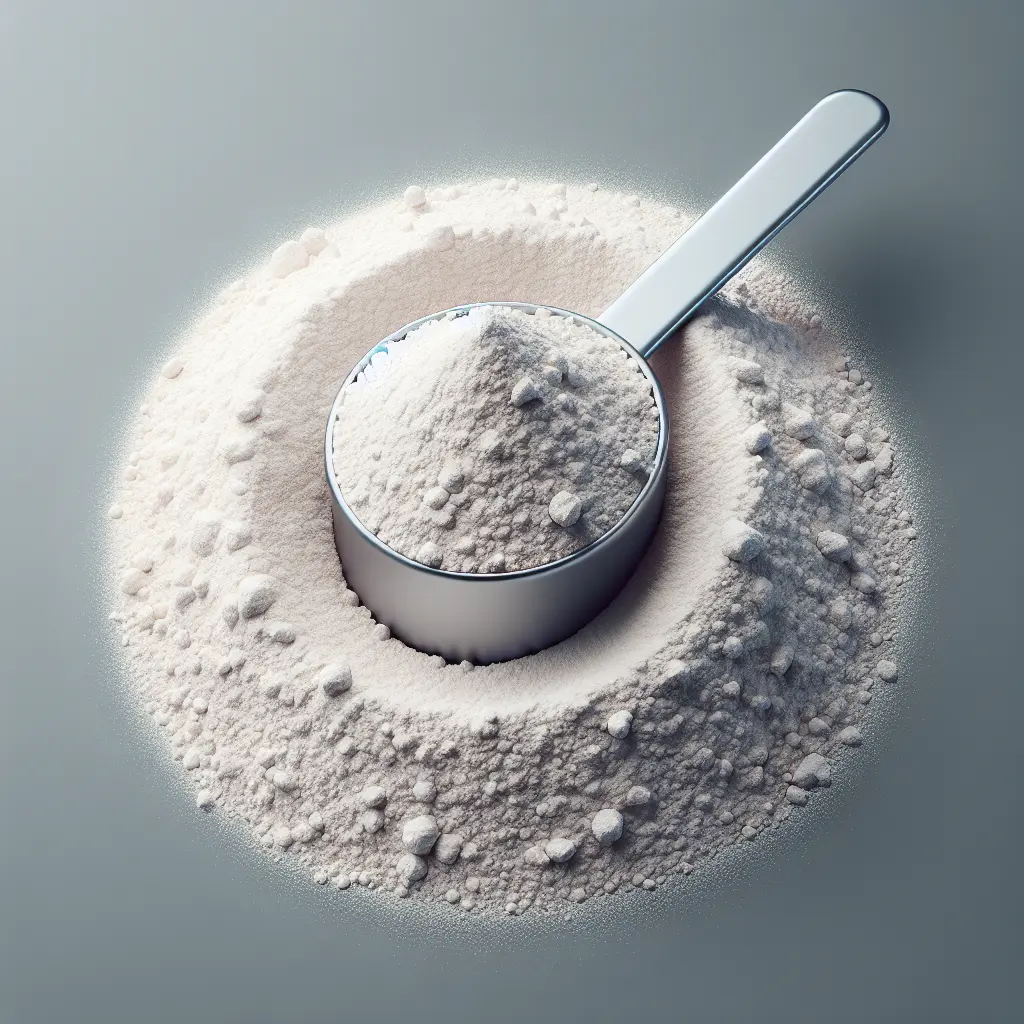Whey Protein: The Nutritional Champion
Whey protein, a byproduct of cheese production, is a complete protein containing all essential amino acids. These amino acids serve as building blocks for muscle growth and repair, making whey protein particularly valuable for athletes and individuals engaged in strenuous physical activity. With a high concentration of branched-chain amino acids (BCAAs), whey protein plays a crucial role in stimulating muscle protein synthesis.
In addition to its muscle-building properties, whey protein offers a range of other health benefits:
-
Enhanced satiety: Whey protein is highly satiating, promoting feelings of fullness and reducing overall calorie intake. This makes it an excellent choice for weight management and appetite control.
-
Improved blood sugar control: Whey protein has a low glycemic index, meaning it does not cause a rapid spike in blood sugar levels. This makes it a suitable protein source for individuals with diabetes or prediabetes.
-
Boosted immunity: Whey protein contains immunoglobulins, antibodies that help protect the body against infections.
The Versatility of Whey Protein
Whey protein's versatility extends beyond its nutritional value. It is a highly adaptable ingredient that can be incorporated into a wide range of culinary creations. Here are some popular ways to enjoy whey protein:
-
Smoothies and shakes: Whey protein powder can be blended with fruits, vegetables, and other ingredients to create nutrient-rich smoothies and shakes.
-
Baking: Whey protein can be added to baked goods such as muffins, pancakes, and cookies to increase protein content and enhance nutritional value.
-
Soups and stews: Whey protein powder can be stirred into soups and stews to add thickness and boost protein intake.
Choosing the Right Whey Protein
When selecting a whey protein supplement, consider the following factors:
-
Source: Whey protein can be derived from cows, goats, or even plants. Choose a reputable brand that sources its whey from high-quality animals or plants.
-
Type: There are three main types of whey protein: concentrate, isolate, and hydrolysate. Concentrate is the least processed and contains lactose and fat, while isolate is the most processed and contains minimal lactose and fat. Hydrolysate is a pre-digested form of whey protein that is rapidly absorbed.
-
Flavor and texture: Whey protein supplements come in a variety of flavors and textures. Choose one that suits your personal preferences and dietary needs.
Incorporating whey protein into your diet can provide numerous health benefits and support your fitness goals. Its nutritional versatility and ease of use make it an ideal choice for anyone seeking to enhance their overall well-being.
How many calories are in Whey Protein?
Each 1 scoop of Whey Protein contains 113 calories.
Whey Protein Nutritional Information
| Nutrient | Amount per 1 scoop (32g) |
|---|---|
| Calories | 113 Calories |
| Protein | 25g |
| Fat | 0.5g |
| Saturated Fat | 0.3g |
| Cholesterol | 0.0051mg |
| Carbohydrates | 2g |
| Dietary Fiber | 1g |
| Sugar | 0g |
| Sodium | 0.05mg |
| Potassium | 0.16mg |
| Calcium | 0.15mg |
| Iron | 0.0004mg |
